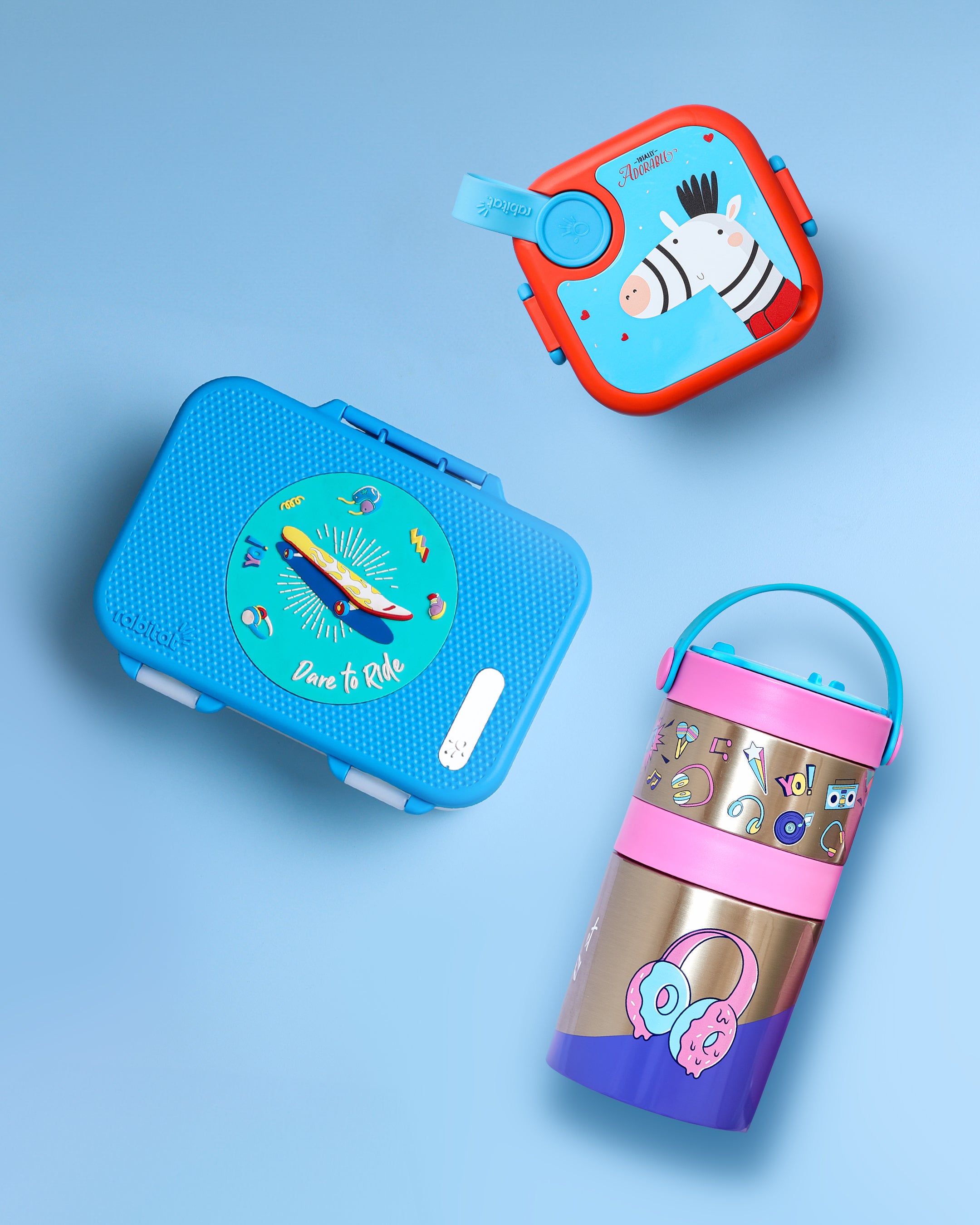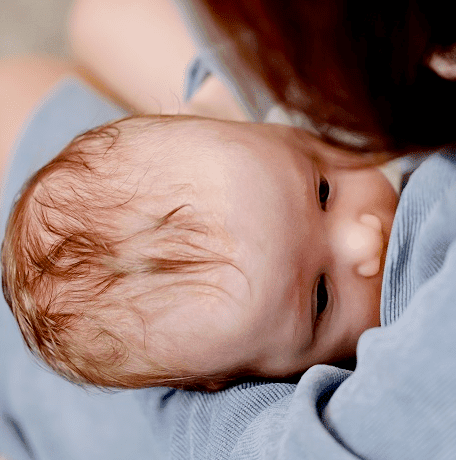Teething is an important milestone for your baby. When you see those tiny little pearls shine through their smiles, you would want to capture it in your memories forever. However, it is also a time when your baby could go through discomfort. In this article, I have compiled a list of the signs and symptoms that your baby’s teeth are about to come.
When does teething start?
In most cases, teething starts between the age of six to twelve months. Every baby has her own developmental journey, and no one can say with certainty when your baby will reach the stage.
Some babies start teething earlier than six months, and a few get their first tooth after one year. Don’t be surprised if your baby is born with a tooth or gets one in the first few days after birth. Yes, that’s possible too!
Genetics plays a crucial role here. If other members in the family were late bloomers, it is a possibility for your baby too.
What are the symptoms of teething?
Some babies have an easy time when their first few teeth are about to come in. However, for some, it can be a terrible experience. If you are unaware of why your baby has been irritable and giving you sleepless nights, look for these symptoms. Perhaps, she is teething.
Drooling
Your baby will start drooling around the age of 3 to 4 months. In some babies, the saliva is so excessive that you may have to keep a bib on at all times.
Drooling occurs from the salivary glands that tend to become active. It happens as the baby’s body starts preparing it for solid foods. Saliva, as we know, helps in the digestion of food. However, your baby’s incoming teeth also tend to bring in the waterworks.
Teething tends to activate the muscle movements in the mouth. Due to this, the salivary glands tend to become overactive.
Chafed skin or rash
Several babies tend to develop redness, rashes, or chaffed skin around the mouth when they are teething. It happens because of the constant drool that won’t stop. The moisture doesn’t do them any good.
You either pat it dry with a soft cloth for some relief. Remember to not rub at the affected area, or the skin may get more irritated. Another option is to apply some thick cream like Vaseline or extra virgin coconut oil to avoid rashes.
Coughing
Coughing that may turn into gagging is a sign of teething. It happens due to the excessive drool in the baby’s mouth. As long as the coughing is not incessant and not accompanied by fever, it should not be a reason to worry.
Crying
Babies have no other way to express their discomfort other than crying. The inflammation in their gums before the teeth come out can be tough to bear. The pain and the inability to express themselves can make them fussy and irritable. This kind of behavior is more common before the first tooth comes in.
While some babies cross this stage easily, some will be irritable for a few weeks before teething. You can check with your doctor about giving medication to offer some relief from the pain.
Refusal to eat
With the gums already tender, your baby may not be up for eating. Although they will want something to chew on, they may not be too keen on breastfeeding or eating solid foods. The sucking action also tends to hurt their tender gums more. While this is normal, you can connect with the doctor if you are too bothered by it.
Pulling ears, banging heads or rubbing cheeks
As the nerves in the face are interconnected, the pain may travel to their ears and head. These are some common symptoms associated with teething. If you notice these, try soothing your baby by giving something soft to chew on. You can offer teething rings or carrot slices to offer some immediate relief.
Fever
Before teething, your baby can run a low-grade fever. Generally, the temperature should be below 101 F. If it is more or if it lasts longer, you may want to connect with the doctor.
How can you comfort your baby during teething?
Teething is a tough period for some babies. It can become all the more difficult for you and the baby when you have to go through sleepless nights. However, it is the time when the baby will need you the most. Try to comfort her by massaging her gums gently with a clean finger.
Another option is to give her teething rings to chew on. Some rings can be kept in the fridge. The cool rings will provide some much-needed relief to their gums. However, remember to sterilize it daily to keep the germs at bay.
For how long does teething last?
In theory, this stage will last until the full set of 20 teeth come in. However, the discomfort is felt before the first tooth comes in or when the molars are about to come. The symptoms may come and go till then. As the baby will become experienced with it, she will learn how to handle it well.















